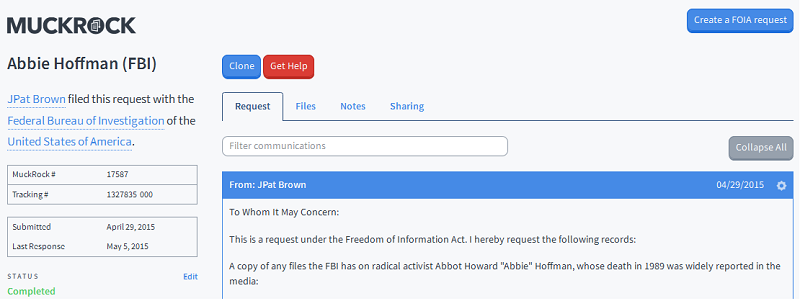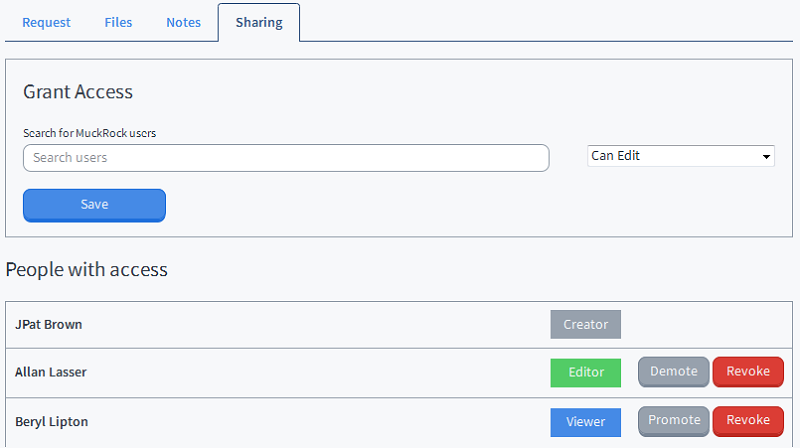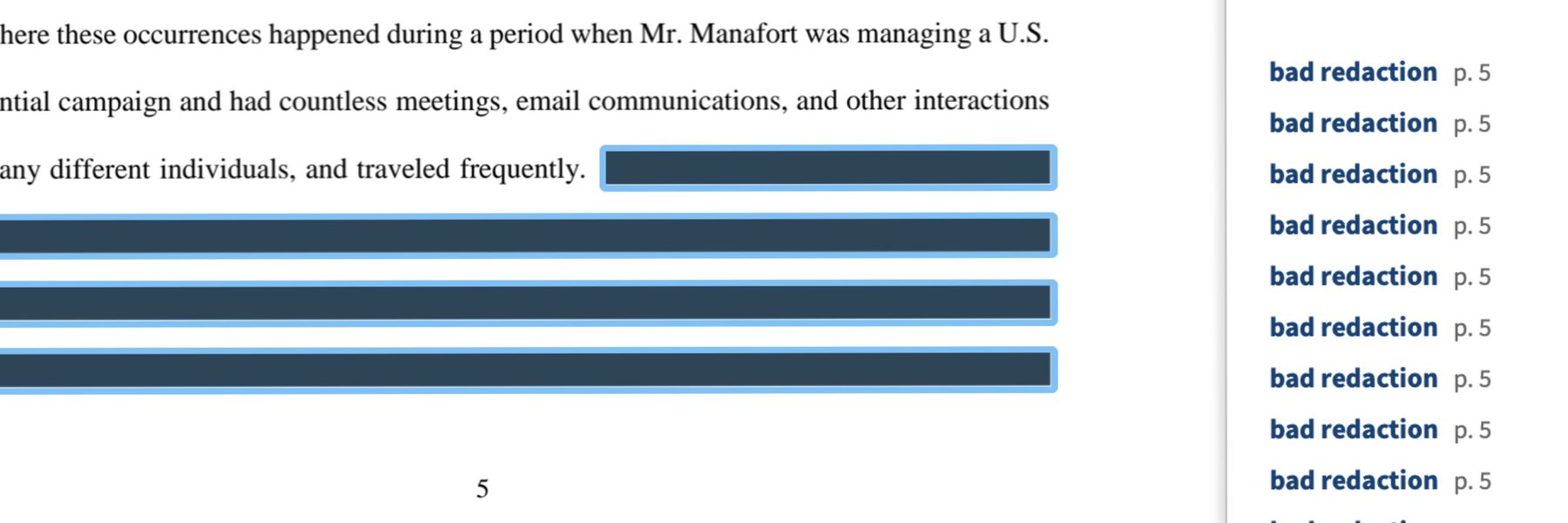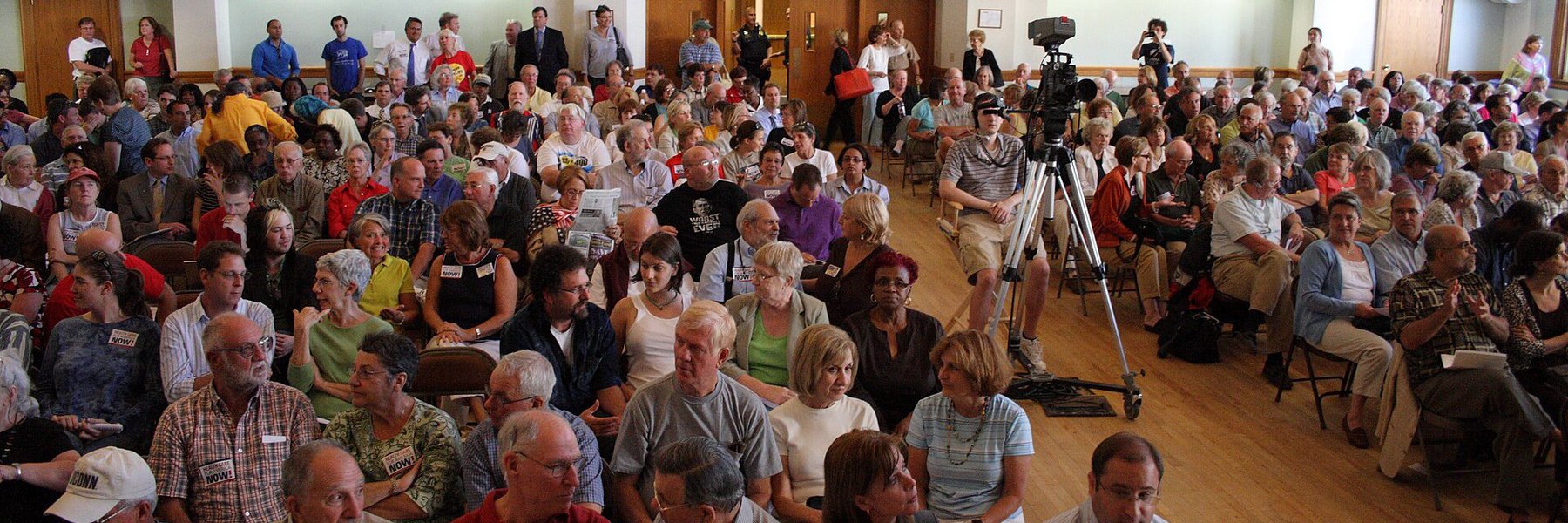We’ve improved MuckRock’s design for reading, editing, and sharing requests. Here’s what’s new:
Reorganized information

The left column contains information that is relevant to the entire request. It quickly communicates an overview, including details like when the request was submitted, its tracking number, and when we’ll automatically follow up. The right column focuses on the request itself and significant actions, like paying fees, adding a note, or sifting through agency responses while composing an appeal letter.

General actions are listed in a row at the top of the page, while more specific actions have been scoped into specific tabs. What matters here is drilling down to a specific piece of information and acting on it. With data pulled apart like this, the page becomes much more comprehensible.
Collaboration
On your next visit to a request page, you’ll notice new tab has joined the bunch: Sharing. Request collaboration was a highly requested feature and we’re excited to finally deliver it.

Inside the sharing tab on your request, you’ll see the option to grant specific MuckRock users access to edit or view it. Editors may modify a request in the same ways as its creator, which means they can submit follow ups, view and add notes, and change the status. Viewers have guaranteed access to read a request, even if it is embargoed. In addition to letting a MuckRock user view an embargoed request, pro users can also generate a private link.

This private link will let anyone view an embargoed request, even if they don’t have a MuckRock account. Altogether, these sharing features are a powerful addition to the basic functionality of the request page.
Improved notes and search
Other tabs have been improved, as well:
- Communications can be filtered with full-text search, while the follow-up and appeal composers are simpler and easier to use.
- Notes can be shared between editors; combined with an improved note composer, it should aid collaboration.

If you have a concern that wasn’t addressed by this update please let us know. I’m always trying to better understand the challenges and complications our community faces in the pursuit of accountability and transparency. And if you spot any bugs, please let me know. Otherwise, I sincerely hope you’re as happy with these improvements as I am.
Happy filing!
Header image via Wikimedia Commons




